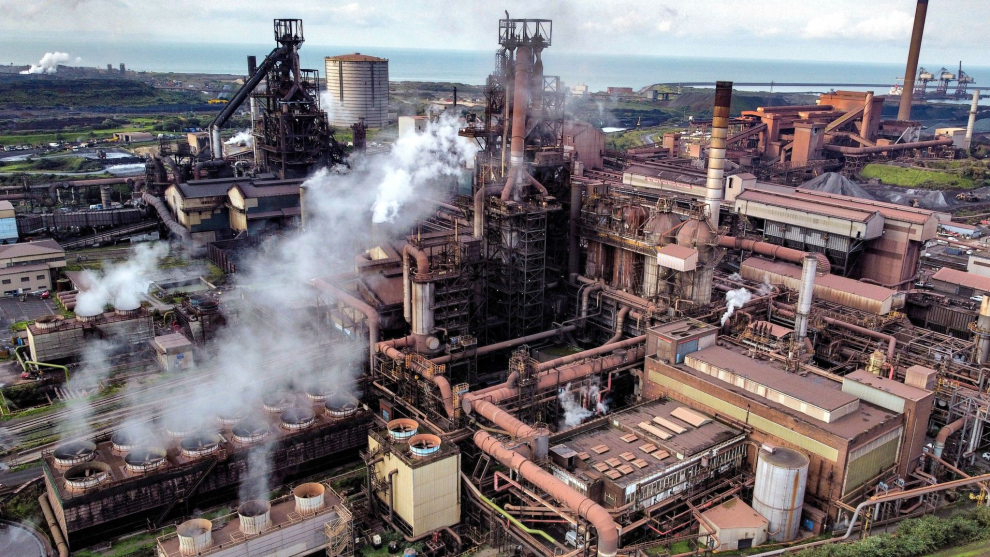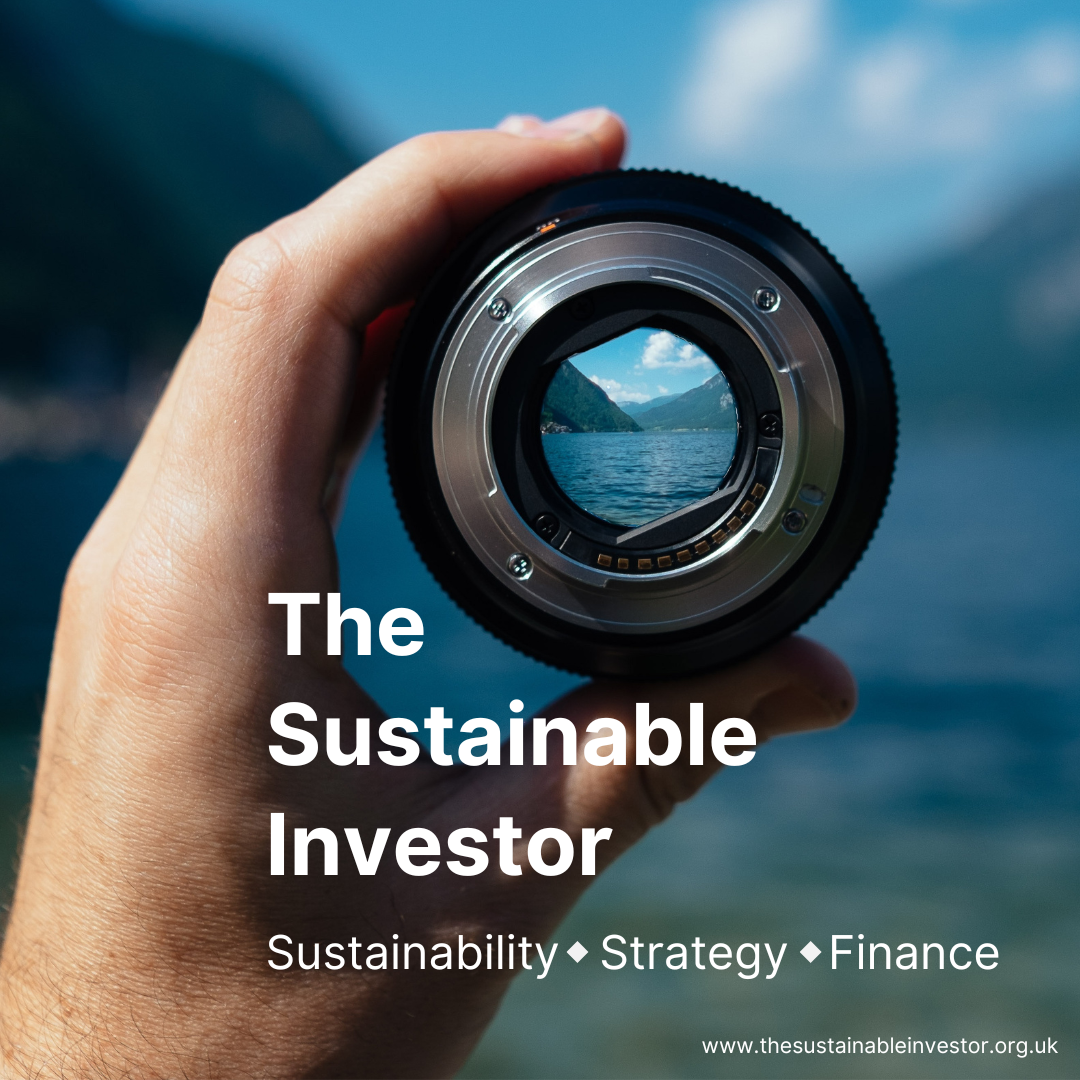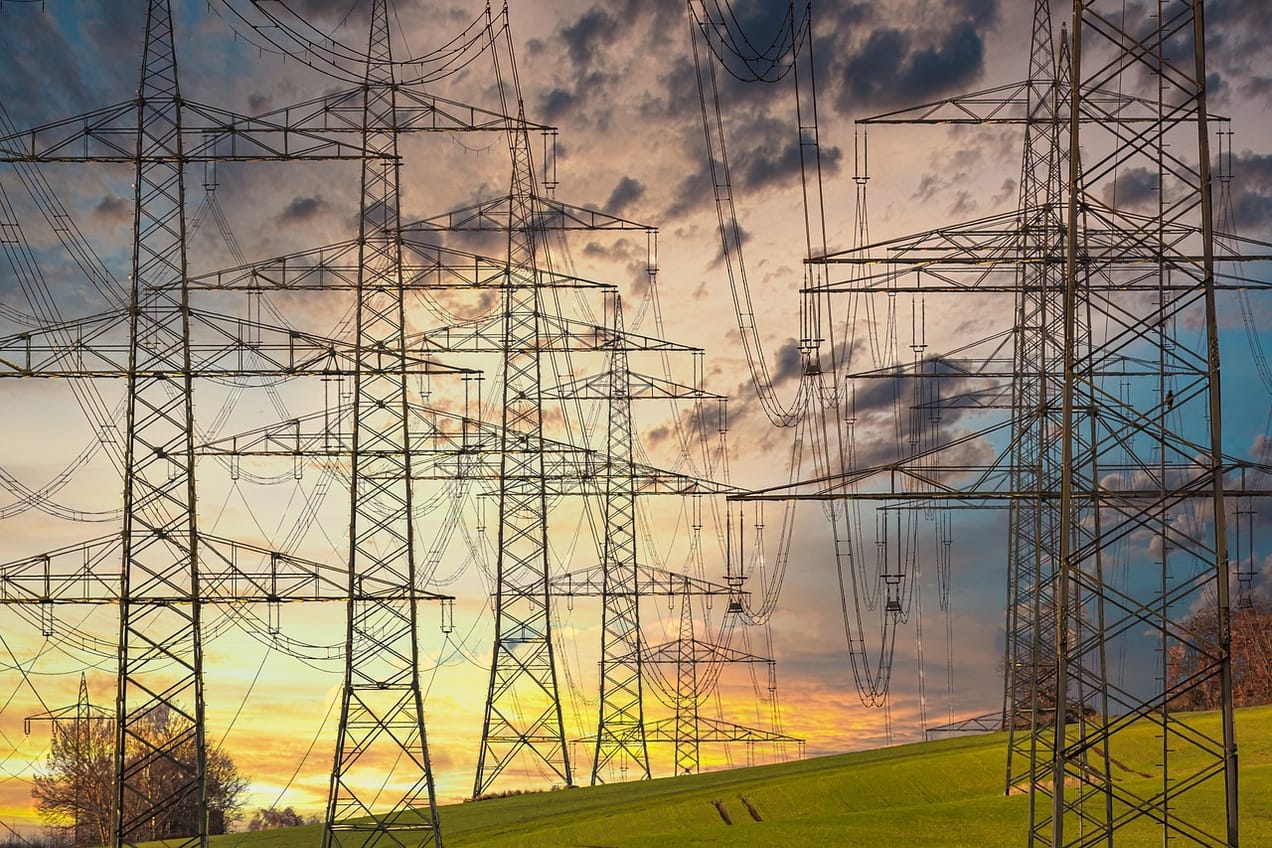
Sunday Brunch: stronger for longer, not strongest for shortest
Offshoring has retraced recently driven by cost, nationalism and ESG. But is complete retrenchment the right move?
Soon her eye fell on a little glass box that was lying under the table: she opened it, and found in it a very small cake, on which the words ‘EAT ME’ were beautifully marked in currants. “Well, I’ll eat it,” said Alice, “and if it makes me grow larger, I can reach the key; and if it makes me grow smaller, I can creep under the door; so either way I’ll get into the garden, and I don’t care which happens!”
(“Alice’s adventures in Wonderland”, Lewis Carroll)
In Lewis Carroll’s 1865 classic, the cake that Alice eats makes her grow so big that her head hits the ceiling. She wanted to be smaller again, but, alas, while using the White Rabbit’s fan, she shrinks so much that she finds herself swimming through her own tears!
Over the past 30 years we have seen 'small' moving to 'big' and 'near' moving to 'far' with the advent of globalisation and the offshoring of manufacturing in particular.
While a central doctrine of classical liberal economics has it that economic interdependence leads to peace, the primary reason has been baser: cost.
But things are changing. Cost differentials have shifted, nationalism has risen in many countries and sustainability has come to the fore bringing in considerations beyond cost.
We have started to see a reshoring of production in part driven by locally incentivising legislation.
However, is a complete retrenchment to onshore necessarily the right move?
If you want to read the rest and are not already a member...

Offshoring coming back onshore?
Management consultants Kearney noted that the US Manufacturing Import Ratio (MIR), a measure of the proportion of output from offshore production in value terms, steadily grew from 9.2% in 2008 to 13.1% in 2018.
Demand for cheaper consumer products, and hence cheaper manufacturing, drove a significant shift in offshoring. The main beneficiary was China with its very low labour costs, plenty of resources and political will to expand. Thailand, Vietnam and Mexico in recent years have also benefited from manufacturing outsourcing, while India has been more famous for drug manufacturing and IT services outsourcing, although that portfolio has been expanding with the 'Make in India' programme attracting car manufacturers and other industrials too.
2019 saw the first fall in MIR since 2011 down to 12.1% or a 100 basis points drop and whilst 2020 and 2021 saw modest rises, 2022 and 2023 saw MIR drop below 2015 levels. In other words, the US is bringing more of its manufacturing back onshore.
What is driving this?
There are a number of drivers for this seeming reversal.
Firstly cost. According to Statista, manufacturing labour costs in China rose more than 30% from 2016 to 2020, and more than 25% in both Vietnam and Mexico over the same period.
Secondly, nationalism and its regular bedfellow isolationism. The US-China trade war is probably the most important issue at play, with the added governance concerns over factors like IP appropriation. Consider recent legislation, initiatives and programmes such as CBAM in Europe and IRA, IIJA and Buy American Act in the US along with the Make in India programme which is doing the same thing in India.
Thirdly, environmentalism and a broader sustainability / ESG awareness among all stakeholders. More attention is being paid to the absolute level of consumption and the potential negative impact on climate change of transporting goods from one side of the planet to the other.
I attended Construction Week at the London Excel Centre last week and at a panel on circular construction, one of the 'sustainability points' that came out was a desire to source locally whereever possible, not just from an environmental perspective but also from a social perspective (providing jobs locally for example).
So some sensible drivers for reducing offshoring and bringing back activity onshore.
However, is a complete retrenchment to onshore necessarily the right move? Should the paradigm shift be not from globalisation to localisation but rather to diversification, thereby spreading risk and building resilience to shocks?
Diversification and resilience
Of course, a consequence of diversification is the extra costs due to the need for redundancy in systems and potential overlap. This can ultimately lead to lower profits for shareholders.
Back in August of 2019, nearly 200 CEOs from leading US companies signed a statement from the business roundtable, arguing that maximising shareholder profit should no longer be considered their overriding goal. Other stakeholders matter be they employees, customers or society as a whole, where profit may not be a primary concern.
Back in 2017, Cliff Asness, founder at AQR Capital Management argued that, when it comes to ESG investing, sacrificing performance is the whole point of it all, accepting that there is a cost associated with doing good.
So, with investor mindsets shifted, that should provide the right incentivisation to management teams to get their businesses into the right shape and size for long term sustainability sacrificing near term growth for a lower, but more sustained growth.
Is prioritising profits, however, a bad thing if it results in long-term shareholder value? Given the interdependence of a business with the broader ecosystem, that should also be compatible with broader environmental concerns including climate change and sustainability and the concerns of all stakeholders.
That will in turn necessitate more attention being paid to peripheral risks so that risks and opportunities can be identified far enough in advance for strategic planning to be effective.
So has the real problem been the slippage of shareholder focus from the long term to the short term?
Would you prefer a 1% growth rate or a 20% growth rate? It depends. What if that 1% growth was consistent every year for 10 years, while the 20% was only there for the first couple of years before flat lining and then going negative after that?
Stronger for longer, rather than the strongest for a short period of time. i.e. greater resilience.
Location may not be your choice
In last week's Sunday Brunch Steven talked about green steel and how the changing dynamics of industrial processes over the long term may dictate where things get manufactured - or at least where a bulk of the raw materials and feedstocks come from.
He talked about the example of the MENA region which although producing only 3% of global crude steel in 2021, accounted for nearly 46% of the world's DRI production (DRI is a raw material that is used in the production of steel, alongside scrap metal and pig iron). With access to a lot of cheap solar electricity with battery storage (again getting cheaper) could we even see cheaper electric arc furnace green steel production in the region
If you missed it, you can read it in full here 👇🏾

By extension we may see large industrial complexes move to follow the cheap energy and potentially new emerging markets. That in turn results in economies of vertical scale that may be hard to beat. The dilemma for governments will be impose tariffs to protect local industry or retrain to deploy to new ones?
So we have discussed how various factors are driving a retrenchment from offshoring of manufacturing but a full reversal may not be the right move or even possible when considering the sustainability transitions and a need for resilience.
“The first thing I’ve got to do,” said Alice to herself, as she wandered about in the wood, “is to grow to my right size again; and the second thing is to find my way into that lovely garden. I think that will be the best plan.”
Alice had the right idea.
Something a little more bespoke?
Get in touch if there is a particular topic you would like us to write on. Just for you.
Contact us
Please read: important legal stuff.


